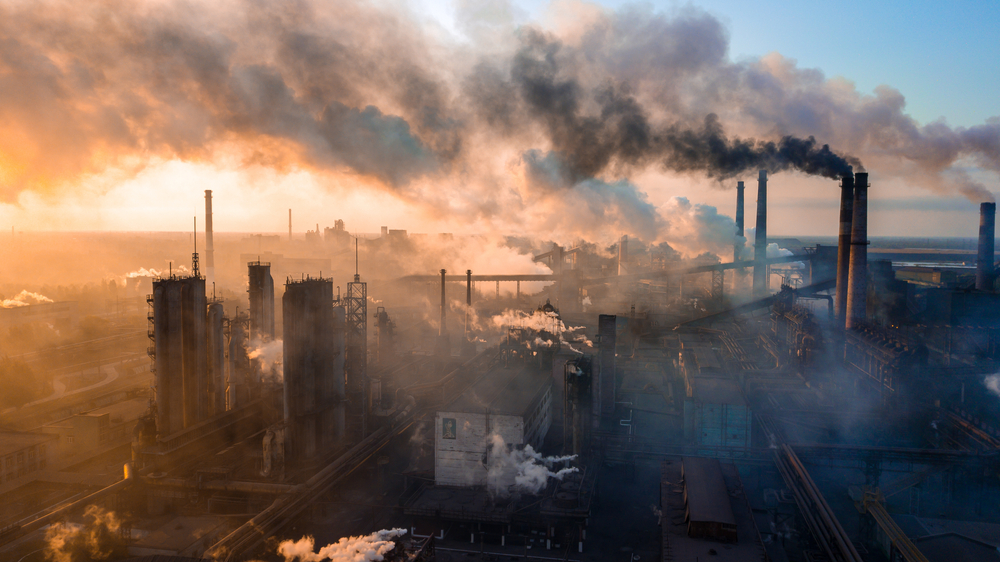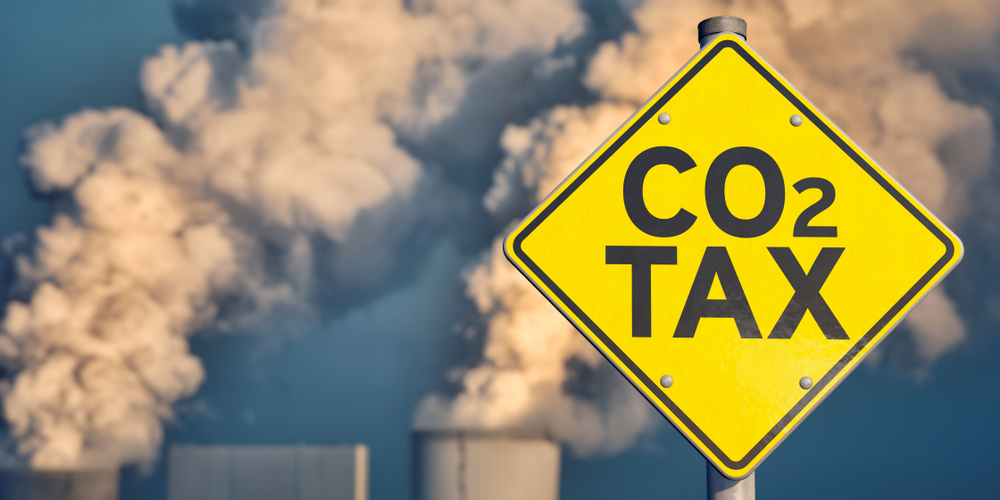For decades, global campaigns have urged everyday people to do their part in slowing climate change. We’ve been told to drive electric cars, take shorter showers, recycle more, and eat less meat. While these actions help, a new and widely discussed study published in Nature Climate Change challenges this narrative. It suggests that individual lifestyle changes, though important, barely scratch the surface of the real problem.
The research shows a powerful and overlooked driver behind the climate emergency: the wealthy elite. Scientists now say that the cause of global warming is largely concentrated within the world’s richest individuals, whose emissions vastly outweigh those of the rest of the population. Since 1990, the top 10% of earners have been responsible for about two-thirds of global warming. Even more alarming, the top 1% alone contributes 20 times more to the climate crisis than the entire bottom 99%.
This isn’t just about private jets and luxury yachts. It’s about the companies they investment in, corporate control, and economic structures that reward environmental destruction.
The Wealth Gap’s Carbon Footprint
The new study paints a startling picture: the wealthiest 10% of the global population are driving most of the climate damage. While the rest of the world recycles and cuts back on energy use, this group continues to emit carbon at levels far beyond sustainable limits.
These emissions aren’t just a result of lavish lifestyles. They also stem from investments in polluting industries such as fossil fuels, mining, and industrial agriculture. These high-net-worth individuals often sit on the boards of energy companies, hold major stakes in oil conglomerates, or fund ventures tied to environmental harm. Their influence extends across global markets, and it shows.

This insight reframes the cause of global warming. It’s not simply about the sum of human activity. Instead, it’s about how a small group generates the vast majority of emissions, both directly and indirectly. Personal consumption plays a role, but wealth-fueled investment is where the real power lies.
The 1% Problem
Zooming in even further, the top 1% of global earners are responsible for an excessive share of global warming. According to the study, this ultra-rich segment contributes 20 times more to the crisis than the rest of the world combined. That’s a staggering statistic, and one that should raise urgent questions about climate justice.
The emissions linked to this group aren’t just from energy use or long-distance flights. Much of their impact comes from the industries they support financially. Owning shares in carbon-intensive companies means benefiting from pollution, while the public pays the environmental cost.
In effect, these individuals generate emissions on multiple fronts: they consume, they invest, and they control the industries. Tackling the cause of global warming means addressing each of these points. Otherwise, the damage will continue to accelerate, regardless of how many people switch to reusable shopping bags.
Read More: Earth’s ‘Black Box’ to Document Humanity’s Potential Collapse

It’s Not Just What They Buy, It’s What They Back
A major revelation from the study is the role of capital. The wealthiest individuals don’t just emit more because they consume more; they also enable pollution through financial influence. Their investments prop up industries that generate emissions on a massive scale.
For instance, a billionaire may publicly support climate initiatives while privately funding oil extraction. They may promote “green” products but also hold equity in deforestation-linked agricultural firms. In this way, their carbon footprint becomes difficult to trace, but far more dangerous.
This challenges the common belief that modest living equals climate virtue. Even if a wealthy person lives simply, their money may support corporations that emit millions of tons of carbon annually. This kind of hidden influence is a major cause of global warming, and one that current climate policies rarely address.
Climate Justice Requires Economic Accountability
The implications of these findings are impossible to ignore. If a small portion of the population is driving most of the damage, then climate solutions must target that imbalance. Focusing solely on individual behavior will never be enough.
To effectively address the cause of global warming, governments and institutions must adopt bold, systemic changes. Experts suggest policies such as:
- Progressive carbon taxes based on wealth and investment portfolios
- Mandatory disclosures of climate risks for corporations and financial institutions
- Public divestment from fossil fuels
- Strict regulations on high-emission industries

These steps shift the burden away from average citizens and place it where it belongs, on those with the greatest power to make or break the climate. Everyone can play a part, but responsibility must reflect impact.
Ignoring this inequality undermines the entire climate movement. It also delays real progress. By targeting the root economic drivers of pollution, we can make smarter, faster, and fairer decisions for the planet.
To Fix the Climate, Follow the Money
The message from scientists is clear: the cause of global warming lies not in the hands of the many, but in the control of the few. The world’s wealthiest individuals, through both their consumption and their investments, are fueling a crisis that affects everyone.
This new research confirms what activists and climate experts have long suspected. Solving the climate crisis requires more than solar panels and sustainable habits. It requires holding the ultra-rich accountable for their role in driving emissions, both directly and indirectly.
We can’t afford to keep treating global warming as a shared mistake. It’s time to recognize the outsized influence of wealth, rethink what fairness means, and demand real structural change. Because until we address who is truly responsible, the damage will continue, and the climate clock will keep ticking.

